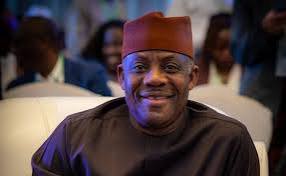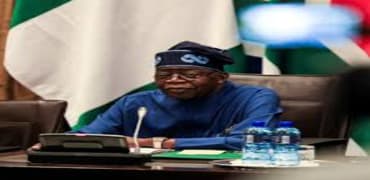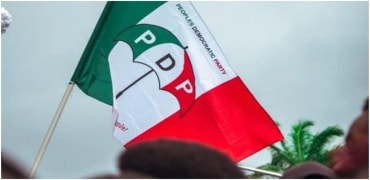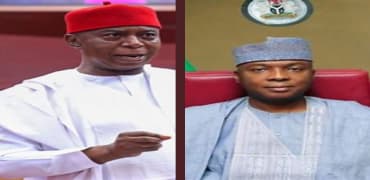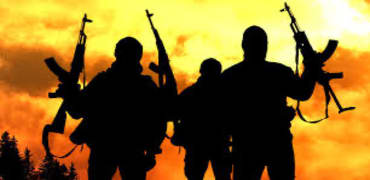FG Sets 12 as New Minimum Age for JSS1 Admission in Private Schools Abuja
FG Sets 12 as New Minimum Age for JSS1 Admission in Private Schools
Abuja
In a bold move to standardize Nigeria’s basic education system and curb early school enrolment, the Federal Government has officially fixed the minimum age for admission into Junior Secondary School 1 (JSS1) at 12 years.
The directive is contained in a newly launched National Policy on Non-State Schools by the Federal Ministry of Education, which outlines clear age benchmarks for every stage of early education, from nursery to junior secondary.
Non-state schools—commonly known as private or independent schools—are educational institutions not operated by the government, but often funded by tuition fees and donations from individuals, businesses, faith-based groups, and NGOs.
The policy document acknowledges the growing influence of private schools in Nigeria’s education landscape but emphasizes the need for uniform age and quality standards across all tiers.
“Basic education shall be of nine years’ duration,” the document states. “Every child must complete six years of primary education and shall be admitted into Junior Secondary School 1 when they are around the age of twelve (12) years.”
This effectively sets a national minimum age of 12 for transition into JSS1, aligning with the National Policy on Education (2013 Edition), which already stipulates that children begin Primary One at age six after completing three years of nursery and one year of pre-primary education.
According to the guidelines:
Nursery 1 admission begins at age 3
Nursery 2 follows at age 4
Pre-primary (Kindergarten) is for age 5
Primary 1 starts at age 6
JSS1 begins after six years of primary schooling, at age 12
The move is expected to discourage underage admissions—a widespread practice especially among elite private schools—and ensure that learners are emotionally and cognitively prepared for the demands of junior secondary education.
While the policy targets non-state schools, it aligns with nationwide education standards and may influence similar enforcement across public schools.
Education analysts have welcomed the development, noting that age-appropriate learning is key to reducing burnout, learning gaps, and social immaturity often seen among prematurely enrolled students.
The Ministry has yet to release a framework for enforcement, but sources within the education sector suggest that inspections and compliance monitoring in private schools may soon follow.
By Haruna Yakubu Haruna



